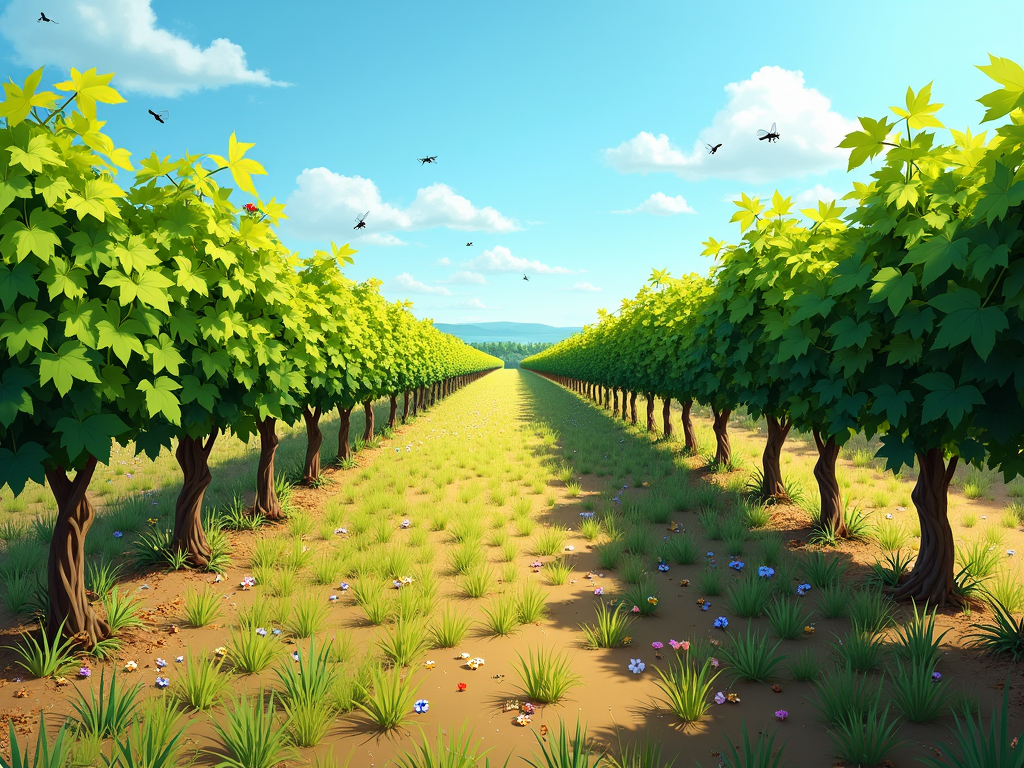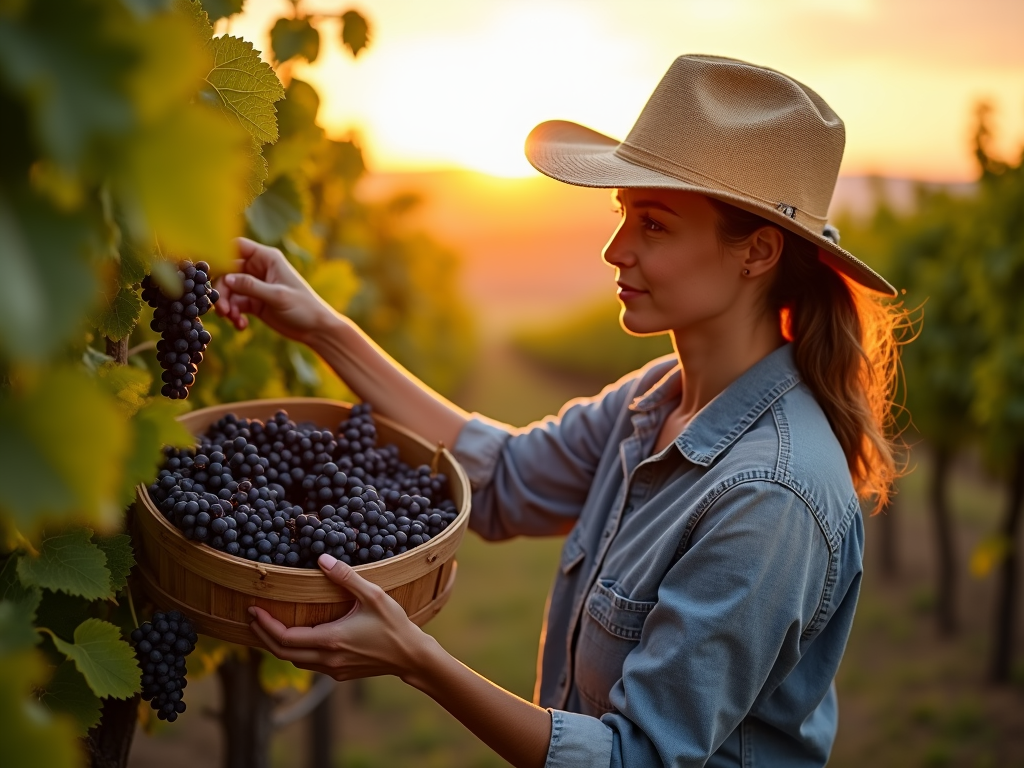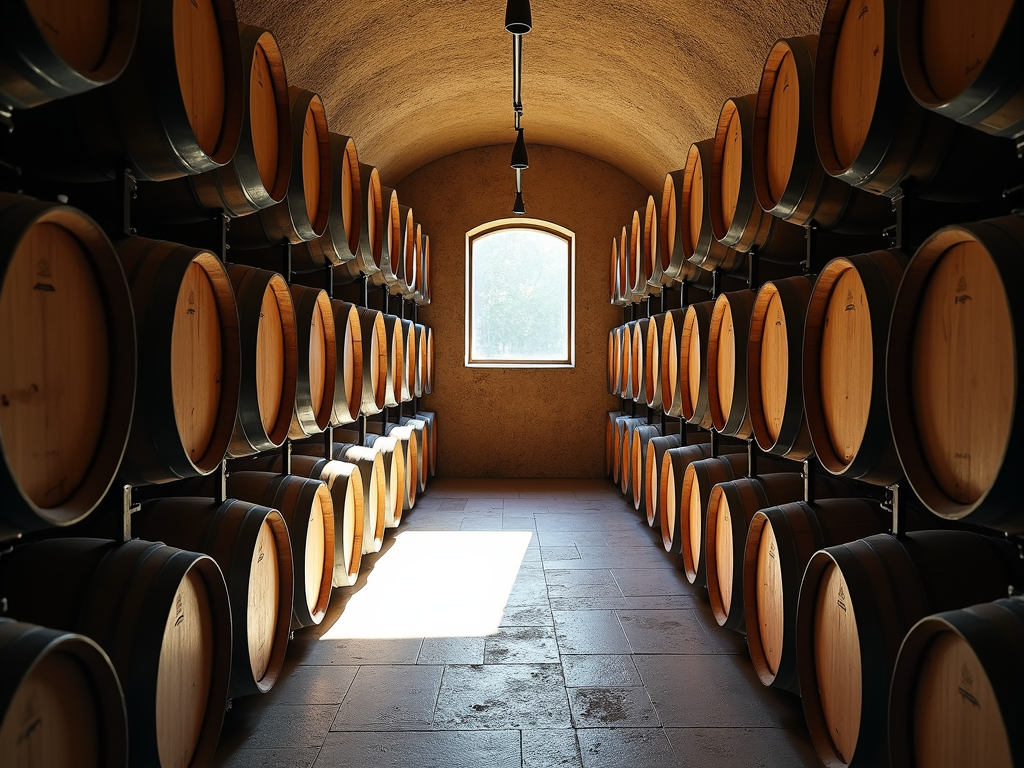How Organic Vineyards Make Better Wine
Organic vineyards are changing the wine world for the better. They focus on natural methods to grow grapes, resulting in tastier, eco-friendly wines. In this article, we’ll uncover how organic vineyards make better wine, why biodiversity matters, and how Jackson Family Wines leads the way.

What Makes Organic Vineyards Special?
Organic vineyards ditch synthetic chemicals for natural solutions. This choice isn’t just about being green—it directly improves the wine. Here’s how:
- Healthier Soil: They use compost and cover crops like clover to feed the soil naturally. Healthy soil grows stronger vines and juicier grapes.
- No Chemicals: Skipping pesticides and fake fertilizers keeps the grapes pure and the environment safe.
- Better Taste: Natural methods let the grapes develop flavors tied to the land, not masked by chemicals.
I’ve tasted wines from organic vineyards, and there’s a freshness you can’t fake. It’s like the earth itself is in every sip.
Why Biodiversity Boosts Vineyards
Biodiversity isn’t just a buzzword—it’s a game-changer for organic vineyards. A mix of plants, insects, and animals creates a thriving ecosystem. Here’s why it works:
- Pest Control: Ladybugs and birds eat harmful bugs, so there’s less need for sprays.
- Soil Power: Different plants add nutrients and stop erosion, keeping the ground fertile.
- Stronger Vines: A balanced environment helps vines fight disease and stress.
Picture a vineyard alive with butterflies and bees—it’s not just pretty; it’s practical. Why biodiversity boosts vineyards is simple: nature does the heavy lifting.

Jackson Family Wines and Organic Vineyards
When it comes to organic winemaking, Jackson Family Wines stands out. This family-owned company runs vineyards in California and Oregon, and they’re all about sustainability. They don’t just talk the talk—they walk it. Their organic vineyards produce some of the best wines I’ve tried, with flavors that pop.
They focus on real practices: natural pest control, water-saving irrigation, and even solar power. It’s inspiring to see a big name in wine brands care so much about the planet.
How Organic Practices Shape the Wine
The magic doesn’t stop at the vineyard. Organic winemaking keeps things simple and real:
| Step | Organic Approach | Why It Matters |
|---|---|---|
| Harvesting | Hand-picking grapes | Picks only the best fruit |
| Fermentation | Using wild yeasts | Adds unique, local flavors |
| Processing | Minimal additives | Keeps the wine true to its roots |
This hands-on approach makes wines that taste like the place they came from. I’ve visited organic wineries where you can feel the care in every bottle.

Challenges Organic Vineyards Face
Going organic isn’t easy. Farmers deal with:
- Pests: Without chemicals, they rely on nature, which can be tricky to predict.
- Extra Work: Hand-weeding and composting take time and effort.
- Costs: Getting certified organic can be pricey.
But the payoff? Wines that stand out on the shelf and a cleaner planet. It’s a tough road, but worth it for those who love quality.
Jackson Family Wines: Leading by Example
Jackson Family Wines and organic vineyards go hand in hand. They’ve got a plan to make all their vineyards sustainable. They plant native grasses, use sheep to mow weeds, and track every drop of water. I’ve walked their fields—it’s clear they’re in it for the long haul. Their wines, like Kendall-Jackson, prove that organic can be world-class.

Why Organic Wine Wins
Consumers are catching on. Organic wine sales are up because people want drinks that match their values—tasty and earth-friendly. I’ve seen friends pick organic bottles at dinners, not just for the taste but for the story. How organic vineyards make better wine isn’t a mystery: it’s about working with nature, not against it.
The Road Ahead
The future looks bright for organic wine. More vineyards are going green, and new tools make it easier. Think drones checking soil or apps tracking weather—technology meets tradition. As someone who loves wine, I’m excited to see more bottles with that organic label.

Wrapping It Up
Organic vineyards prove that great wine doesn’t need shortcuts. Healthier soil, diverse life, and careful crafting lead to bottles that taste amazing and feel good to drink. Jackson Family Wines shows how it’s done, blending passion with planet-friendly practices. Next time you’re picking a wine, go organic—you’ll taste the difference and support a better world.